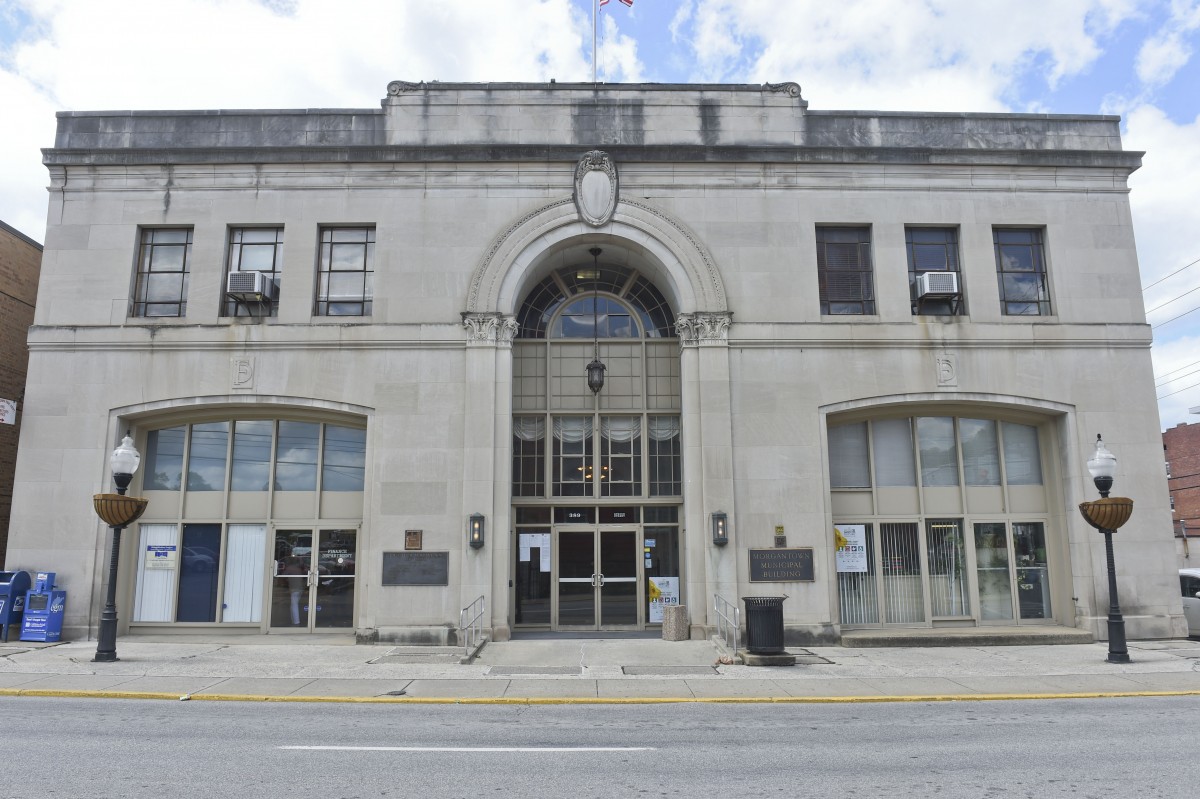MORGANTOWN — Child abuse, torture, medical malpractice.
All, Andrew Schneider of Fairness West Virginia explained, are apt descriptors for conversion therapy — the practice of attempting to change someone’s sexual orientation from lesbian, gay or bisexual to straight, or their identity from transgender or nonbinary to cisgender.
Morgantown City Council opted Tuesday to take up an amendment to Article 153 that would ban any medical or mental health professional from engaging in conversion therapy with a minor.
The item will be up for first reading at council’s Oct. 5 meeting.
Article 153 pertains to the Morgantown Human Rights Commission. The amendment would add the practice of conversion therapy to the definition of discrimination on the basis of sex, sexual orientation or gender identity.
Under the authority granted in Article 153, the HRC could investigate claims of conversion therapy, just as it can claims of discrimination based on gender, veteran status or natural hair styles, Attorney Ryan Simonton explained.
“The commission, locally, handles any complaints under Article 153 that are not within the jurisdiction of the state human rights commission,” Simonton said.
If a complaint is found to have merit, the commission could issue an order for the practice to cease.
Schneider said such an order backed by findings of fact would be helpful for an individual looking to “take their tormentor to court and find justice through that avenue.”
He went on to explain that 25 states and nearly 100 municipalities, including Charleston, have laws on the books banning the practice, which, he added, has been rejected by all of the nation’s leading medical and mental health associations.
“The reason these bans are really crucial is because they save lives,” Schneider said, citing studies that indicate youths who have undergone the practice are more likely to suffer negative mental health outcomes and attempt suicide.
Logan Shamberger was one of a handful of public speakers to support the measure, even if he doesn’t believe it goes far enough.
Shamberger said that as the protections pertain to minors, the language should include mandatory reporting provisions for people of trust, which is common in child abuse laws. Further, he said, the law lacks any penalty.
“Let’s be clear, we are dealing with abuse here and abusers will keep abusing until we as a community say, ‘No more.’ ” Shamberger said, explaining he would like the HRC’s findings passed on to the licensing board of any medical or mental health professional engaging in the practice.
“I want to challenge you to ask questions about how you can be making this stronger,” Shamberger said. “Don’t pass something just to pass something.”
In other news from Tuesday’s committee of the whole session, council will take up a resolution on Oct. 5 that would make masks mandatory for attendance at all city public meetings.
TWEET @DominionPostWV




